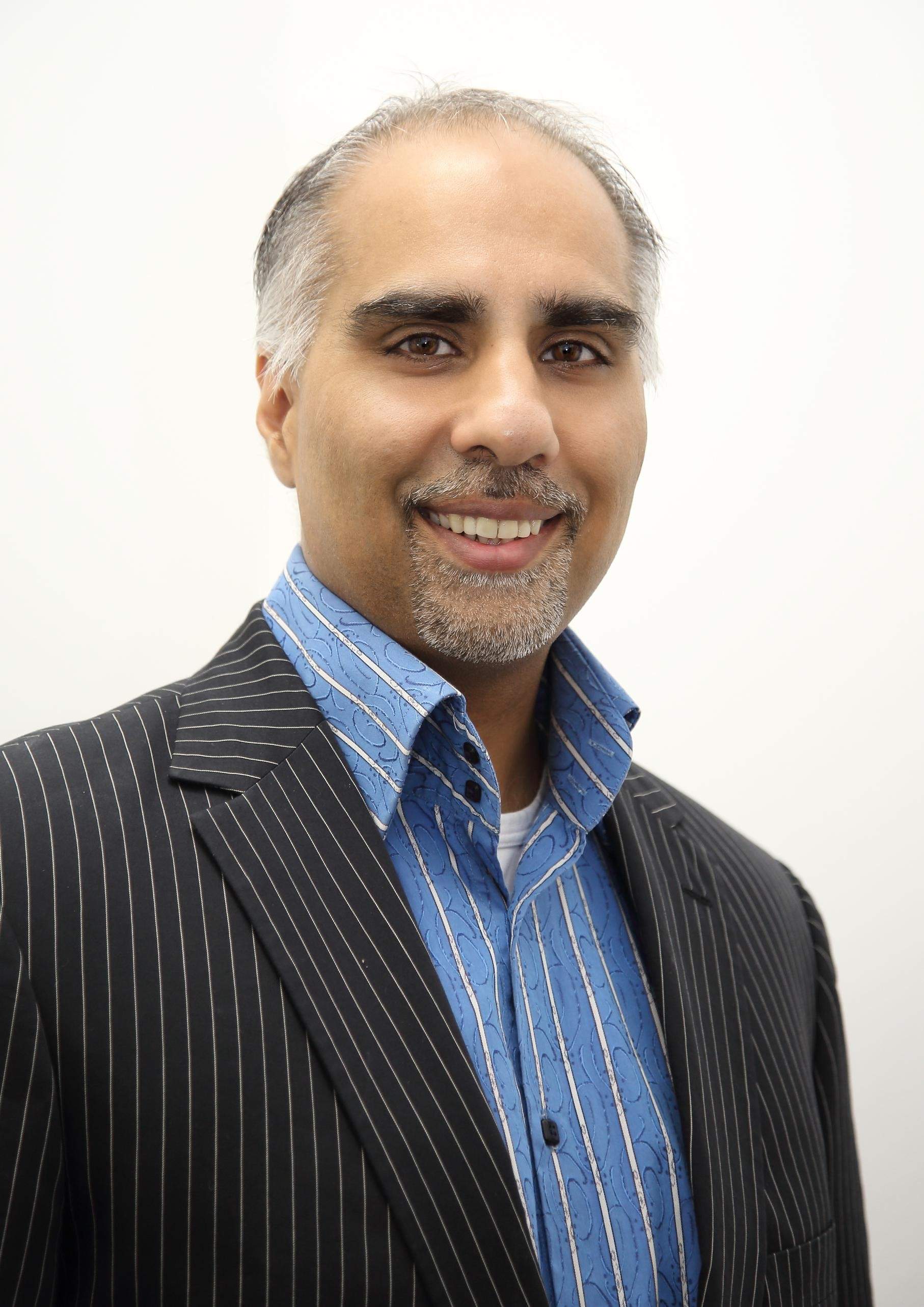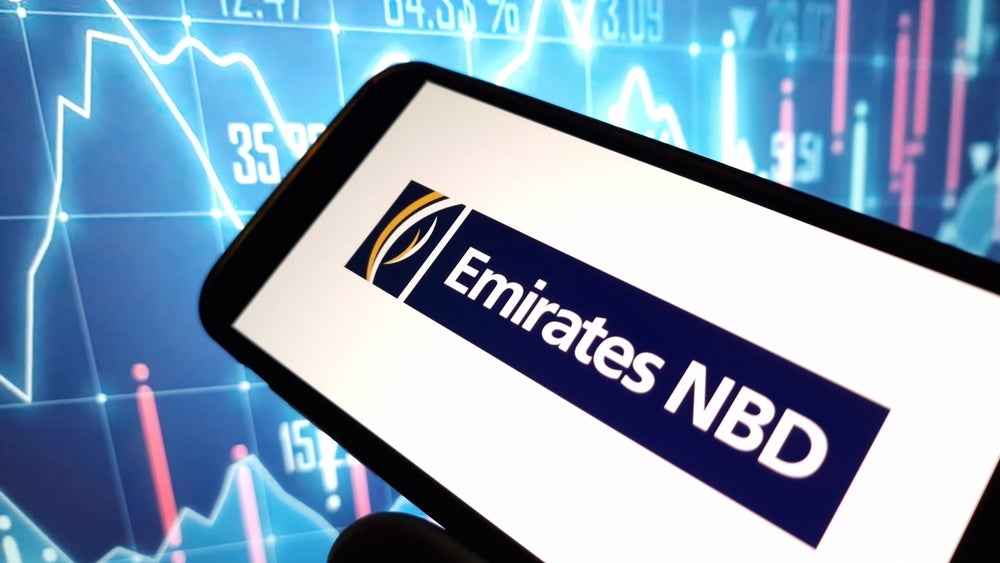Multi-millonaire and co-founder of UK-based peer-to-peer lender, Kuflink, Rawinder Binning, tells Saloni Sardana why he stopped using private banking – and why his family prefer to manage their wealth internally. Binning explains the challenges of being an UHNWI and why he is learning more about family offices.

Private Banker International (PBI): When did you use a private bank?
Rawinder Binning (RB): I used a private bank between 2008-2010.
This was on an execution-only basis as we were interested in buying certain shares and the bank would execute those trades for us.
PBI: What made you close your account and would you open another one?
RB: With private banking and execution only, the bank was taking a huge percentage of the trade. Since you can now pay approximately $16 or $20 online on a simple platform to get the same trade, why not just do it yourself? This is why we set up the bridging side and the peer-to-peer side with Kuflink. In the fintech world, entrepreneurs are now coming up with models that bypass banks.
For example, if you are saving £10,000 in your bank account, then you can invest that money directly in a peer-to-peer platform and earn up to 7.2%. This is compared to leaving the money in a bank account and letting the bank earn as much as they want on the money.
Banks normally take the £10,000 and are allowed to borrow 10 times from that money – I believe.
PBI: Were the bank fees you paid a factor in you leaving?
RB: Yes definitely. When you do a deal online, whether it is £10,000, £100,000 or £1m, [it makes sense] when the fee is as low as $8. But with private banks, each trade, be it buying or selling, a percentage fee was involved.
PBI: What would encourage you to use private banking again?
RB: The trading cost would have to be lower. I would also like to see the bank having a history of doing trades. Has the bank experienced a recession and actually come through it?
PBI: How did you source your wealth?
RB: We are a strong family network. At the top, there are three brothers and a nephew. We all work together.
Having bought property in 2000, we have learnt skills regarding planning, development, and management. We have built apartments and industrial units, for example.
At the moment only 20% of our wealth lies in property. Most of my wealth is in the actual Kuflink business, with some in shares in other businesses.
Our family owns about 71% of Kuflink and I own 21%.
PBI: How and when did you become an UHNWi?
RB: I became an UHNW in 2016 – 2017. To put that into context, after the property market shrank in 2008-2009 property values then started to increase again in 2013-2014. We have endured a lot during that time.
Our asset allocation was mainly made up of property. We then decided we needed to go into other businesses and that is when we started to think of business models, and eventually after trying, a few we ended up with bridging finance, fintech and apps.
That then expanded into a peer-to-peer platform. We are major shareholders in that group so the wealth has increased year-on-year because the business is expanding. We also have interests in an app company.
PBI: Have you used any other forms of wealth management advice?
RB: We actually manage our wealth internally within the family. We have increased our skill set to manage our own wealth. If we wish to invest in property, we make sure there is somebody in the family to make the investment, as well as get good advice from professionals in the sector.
I have a legal background and I am doing the Legal Practice Course LPC and a Masters degree. Hence my legal skillset is increasing. I understand more about leases, litigation and banking.
My brother is very good in the building trade. He will go out and oversee the developments. My elder brother is also very savvy on finding property deals.
In terms of stock trading we are not very good at that, we have tried and gotten burnt quite heavily. One of the main criteria for our investments is security. We do invest in non-secure assets, but we keep to our risk allocation system as below.
PBI: What is your relationship with family offices?
RB: We are exploring the prospects of becoming a family office and I am beginning to learn about family offices.
Are we ready to be a family office now? I would say no, not until we have [substantial] wealth.
I am getting family advice just to understand it as it is something we could do in the future.
PBI: What are the biggest challenges of being an UHNWI?
RB: You are constantly looking at cash asset allocations. When cash comes back you have to put that money to work. If a big surplus comes back from property, the question is do we put it all back into property?
We never knew that you should actually spread your money and we now follow our net cash allocation system as above.
The real question is investing in what we feel strong about. We will look at returns, security and diversify into other businesses where we feel comfortable in regards their management and projections.
We never followed the Bitcoin cycle, as we feel there is nothing tangible there. Hence why the price went up and came down very quickly – which is what we predicted.
A Bitcoin investment to us would have been a gambling investment in which we would put a small amount in, and we got out quickly for a profit. We would not have bet the whole bank on it
PBI: Was the private bank you used helpful with spreading your wealth?
RB: No, the bank was not very engaging. Since we transacted an execution basis, we are not fans of giving huge fees to people especially in a new relationship. That is probably why we thought let’s just do some stock trading with these guys on an execution basis. Is there a bit of kudos on having a private bank? Was there a bit of an ego trip? Possibly.
PBI: What does Kuflink do differently from private banking?
RB: A private bank should take your net cash and actually put it to work. I have never heard a private bank say we can put your money towards a loan basis to this company and then secure it.
Looking at Kuflink as a model, we have opened our platform to pretty much anybody. A client can put £100 on our platform and secure it against the UK property.
Kuflink is for the average Joe to millionaires clients can all put as much of their money on to the platform. We are going to launch an app very soon where they can earn 7.2% and there is security on property loans. Obviously, however, capital is at risk.
The next product we are coming out with is for people who want to invest in property – and ride the capital growth and the rental return.
Property investment now is more difficult, there is heavy taxation through new legislation.
PBI: What financial advice do you give your family?
RB: I have designed for our children and family an asset allocation matrix system. There are six wallets. Say you have £1000 year net cash which does not need to be spent or saved. You could operate the following split, which are called wallets.
For example,
Wallet 1- Cash Fixed Deposits, so the money is secure.
Wallet 2- Low risk, but delivers a higher return (e.g peer-to-peer funding)
Wallet 3- Put money in things like trading, running a business yourself
Wallet 4 – You must enjoy yourself today
Wallet 5- Money for educational training
Wallet 6- Philanthropy.
We have also established the Kuflink Foundation which is a charity, The Kuflink Foundation provides support to communities in Kent and Gravesham. The Kuflink Foundation has also worked with The Princes Trust to deliver education, sport and health initiatives through their Achieve Programme.
Kuflink is also one of the primary sponsors of a local football team, Ebbsfleet United FC.






